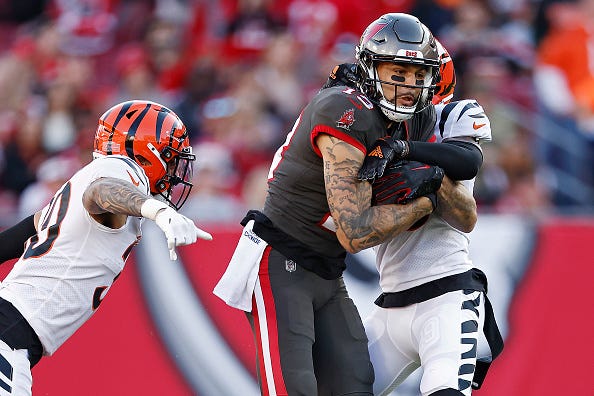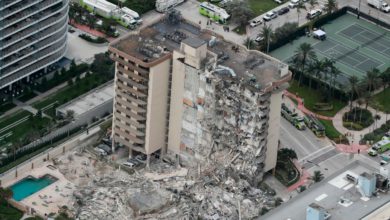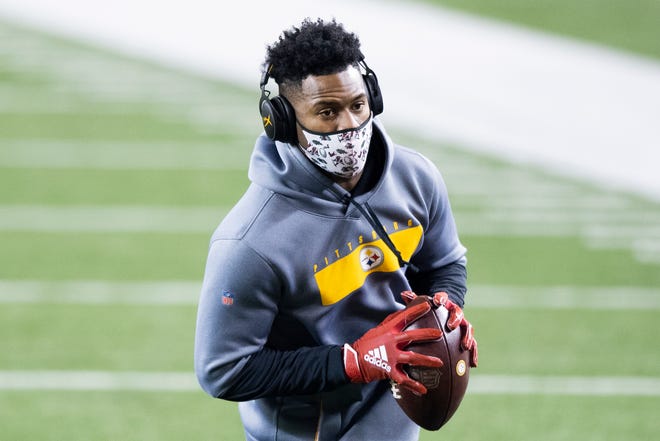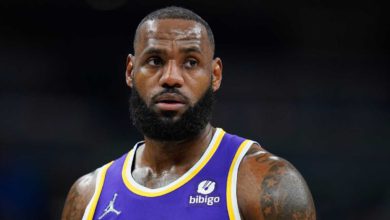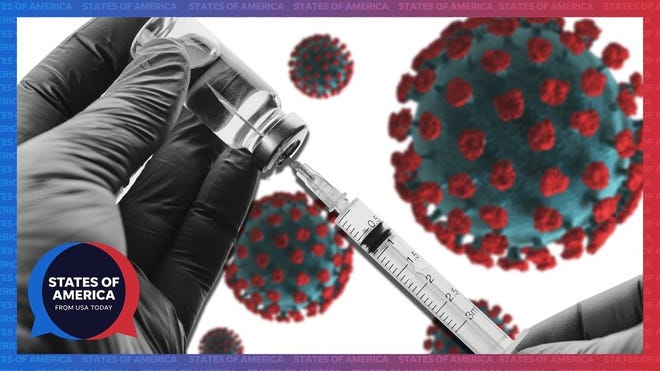
Teachers should be among the essential workers next in line for a COVID-19 vaccine, an advisory panel for the Centers for Disease Control and Prevention recommended last week. And some states plan to push for those vaccinations as a way to fast-track school reopenings.
The problem: The vaccine's rollout has faced delays across the nation, raising the question of whether teachers will be able to get the shot in time to make a difference in the current school year.
In Ohio, Gov. Mike DeWine said in late December that school teachers and staff, plus people ages 65 and over, will be next up for the vaccine after health care workers, with a goal of getting students back in the classroom by March 1.
About 71% of Ohio students are either in remote learning or in a combination of in-person and online learning, the governor has said.
Schools want to end online classes for struggling kids:COVID-19 cases may keep everyone home
Teachers will be among those to get the first doses in Arizona, Gov. Doug Ducey announced at the beginning of December.
"We want our schools open and our teachers protected," he said. "We know that our teachers desperately want to get back into their classrooms."
Educators in the state should have access to the vaccine by late January or early February, Dr. Cara Christ, director of the Arizona Department of Health Services, said Wednesday in a press conference.
But so far, the number of vaccines in people's arms is far below expectations. Dr. Anthony Fauci, the nation's leading infectious disease expert, acknowledged that only a few million vaccinations have taken place thus far.
"I believe that, as we get into January, we are going to see an increase in momentum" that allows the nation to catch up to the planned rollout, Fauci said Tuesday on CNN. He said he still hopes that by spring or summer, "anybody and everybody who wants to be vaccinated can be vaccinated."
What's true and what's false: All about the COVID-19 vaccine
Far behind
The U.S. so far has vaccinated just 2.5 million people and distributed 12.4 million doses of the two vaccines that have been granted emergency-use authorization, one developed by Pfizer Inc. with German partner BioNTech and the other developed by Moderna Inc. That's far below inoculation estimations of 20 million Americans by the end of December.
States are already feeling the strain. Utah’s Department of Health reported last week that the latest shipment of the vaccine from the federal government was nearly 7,000 doses shy of expectations, and future shipments could be smaller. As a result, vaccines for teachers now are expected by the end of January, moved from early January, the Salt Lake Tribune reported.
Similarly, Virginia's Department of Health said the state will receive about 110,000 fewer doses of Pfizer’s COVID-19 vaccine than promised at the start of this month, according to federal officials. The delays likely mean a longer wait for essential workers such as teachers. Gov. Ralph Northam told NPR in November that essential workers such as teachers would be inoculated in Phase 2 of the state's vaccine rollout.
It's unclear how these delays may impact the nation's school reopenings. As schools headed into the holiday break, just over half of U.S. students were enrolled in schools learning entirely virtually, according to Burbio, a company tracking schools' COVID-19 plans. President-elect Joe Biden's administration has emphasized getting more students back in school buildings.
How to bring back in-person learning — amid a winter COVID-19 surge and a slow vaccine rollout — remains an unanswered question.
Even as Tennessee struggles to administer vaccines, schoolteachers and child care workers have been bumped up to Phase 1b, right behind frontline health care workers, in the state's vaccine distribution plan.
But whether teachers are vaccinated should not hold up schools from reopening, Tennessee Department of Health Commissioner Lisa Piercey said Wednesday.
"We staunchly advocate for schools being open prior to teachers being vaccinated," Piercey said. "We have almost nine, 10 months of data that shows that schools are not a primary or even a significant place of a transmission. We do not advocate overall for holding back on schools reopening until teachers are vaccinated."
Students are falling behind in online school:Where's the COVID-19 'disaster plan' to catch them up?
In California, teachers are part of the group that could receive the next wave of the coronavirus vaccine, Gov. Gavin Newsom announced Monday. Two days later, he proposed spending $2 billion to reopen kindergarten-through-second-grade classrooms for in-person instruction starting in February.
Newsom said his goal is to make in-person learning available for even more students by spring.
“As a father of four, I know firsthand what parents, educators and pediatricians continue to say: In-person is the best setting to meet not only the learning needs, but the mental health and social-emotional needs of our kids,” Newsom said in a statement.
Pandemic parenting:Experts say this is what children need to survive
Is the vaccine the answer?
Other states are putting their hope in the vaccine.
Ducey, the Arizona governor, said Wednesday that any vaccination delay is "unacceptable" and issued an executive mandate, ordering state officials to streamline vaccine distribution.
Inoculating Ohio teachers and other staff is a critical piece to DeWine's plan to get pupils back in schools by March 1. Asked on Wednesday whether the slow rollout could slow down that plan, DeWine said: "It remains the goal and we're focused on it, so no change."
DeWine also announced that as long as students are wearing masks and adhering to social-distancing protocols, those who are exposed to COVID-19-infected individuals in classrooms will not be required to quarantine.
Even with the vaccine, officials from Ohio's teachers unions suggested it would take more to get students in classrooms.
Powerful unions:Trump says open schools. Teachers say safety first. As cases rise, unions may win.
Melissa Cropper, president of the Ohio Federation of Teachers, said that the vaccine is an important piece of the puzzle to get students in classrooms, but it is not the only piece.
She is "concerned that in the rush to get kids back in schools," further relaxing of quarantine guidelines will lead to more cases in the state.
And, Scott DiMauro, president of the Ohio Education Association, cautioned against viewing the vaccine as the answer to ending online schooling.
"It is still going to be important to practice safety measures, like mask-wearing and social distancing," he said.
Contributing: Lily Altavena and Stephanie Innes, The Arizona Republic; Richard Rouan, Randy Ludlow and Alissa Widman Neese, The Columbus Dispatch; Meghan Mangrum, The Tennessean; Nicole Hayden, The Desert Sun
Source link


